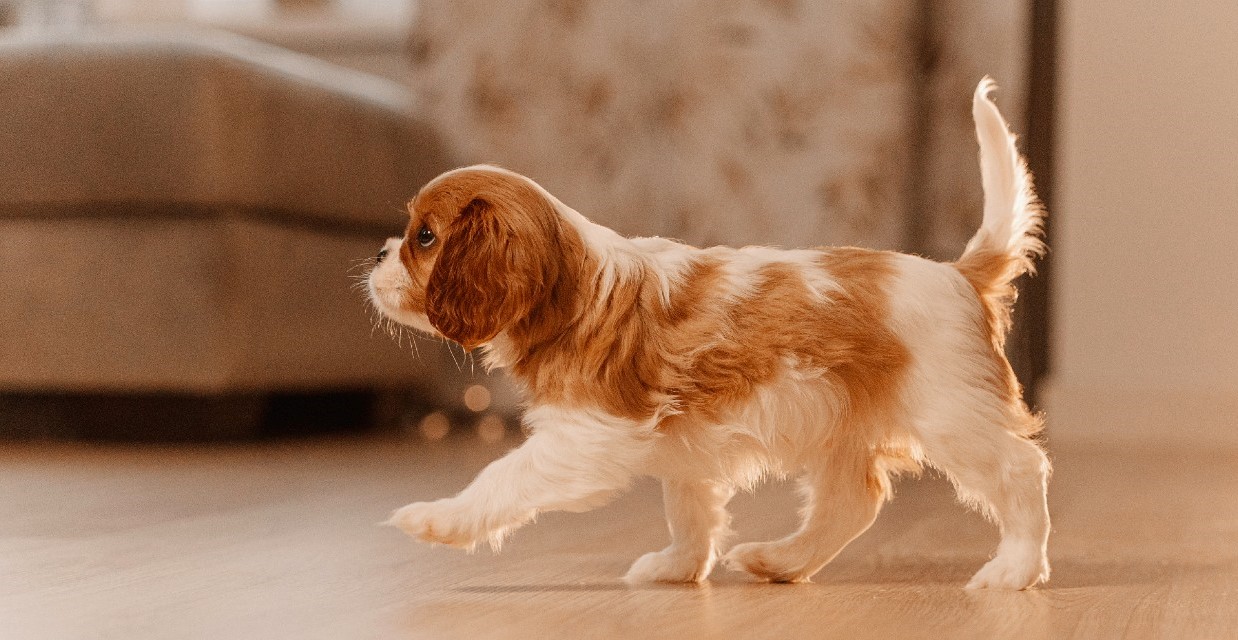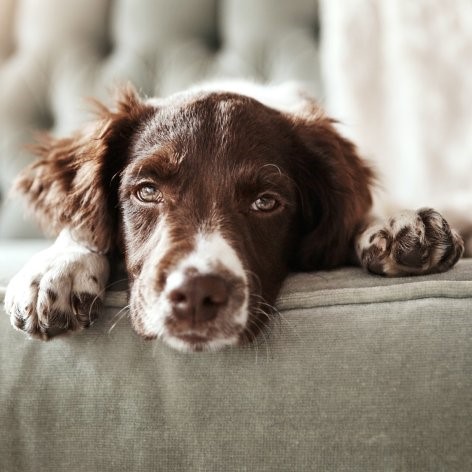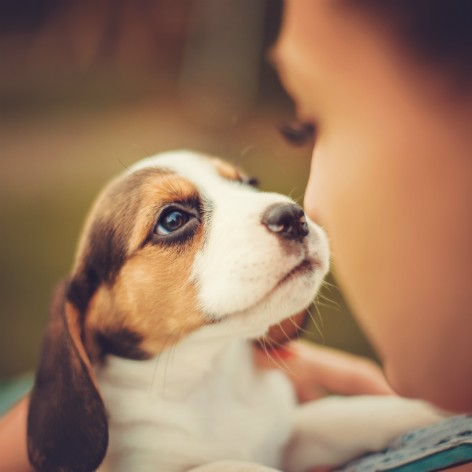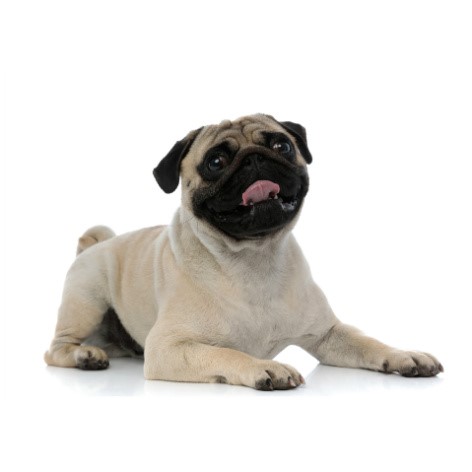Your new puppy is finally home and you’re adjusting to life as a pet parent. The first week with a new puppy is a wonderful time as you get to know one another and your new puppy settles into its new home.
But what exactly does your new puppy need in the first week at home and how do you ensure it’s a stress-free time for both you and your puppy?
How to settle a new puppy in during the first week
Bringing a new puppy home can be a bit of an adjustment for any pet parent, but it’s also a huge adjustment for your new puppy. Your puppy has been separated from its mother and litter mates, as well as the home environment in which it was raised. Your new puppy is also learning about its new family, home environment and what’s expected in terms of their behaviour. Ensuring you take the time to settle your new puppy in can help them cope better with all of these changes.
To help settle your new puppy in during the first week after bringing them home it’s important to provide them with routine, consistency, companionship and training.
Implementing a routine for feeding, training, playing and resting will help provide your puppy with some predictability in his day.
It will also form a great foundation for teaching good behaviour, such as where to go to the toilet, where to rest and what to play with. Make sure you spend quality time each day with your puppy too. Your company will help them adjust to the separation from their mother and littermates.
What your puppy needs during the first week at home
Besides a consistent routine and companionship puppies need training and socialisation. This can begin from the first day you bring home your new puppy. We know from science that positive reinforcement is the most effective way to train dogs. This is because they learn quicker and are more engaged when trained with positive reinforcement. This technique is also kinder and results in a better relationship between you and your dog.
Positive reinforcement training involves teaching and reinforcing desired behaviour with something your puppy values. Food and treats work really well. Attention and toys can also be effective. This should include teaching the basics such as ‘sit’, ‘drop’, ‘on your bed’ and ‘come’.
You can also work on toilet training.
Take your puppy outside regularly throughout the day and when they toilet in the right place say “yes” and immediately follow with a treat and praise.
Soon your puppy will learn that outside is the place to toilet.
Socialisation happens naturally at home during the first week as your puppy learns about new people, household objects, sounds and different surfaces. Enrolling your puppy in puppy classes is a great way to continue their socialisation with unfamiliar people, environments and other dogs. So make sure you sign your new puppy up for puppy classes to continue their socialisation journey.
Lastly, young puppies need plenty of rest.
Allow your puppy quiet time during the day to rest and sleep.
Following these steps will help the first week with a new puppy run smoothly for you and your puppy!








